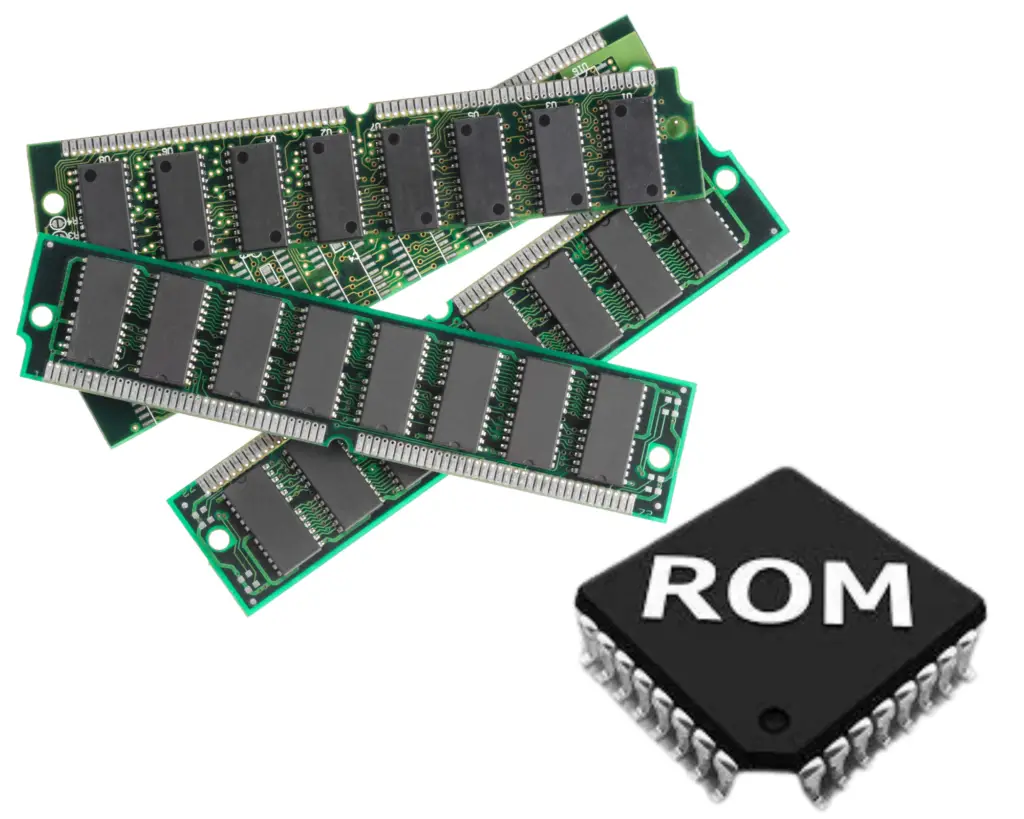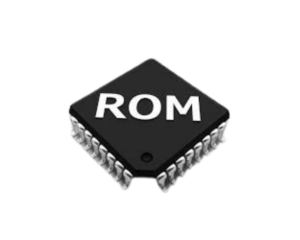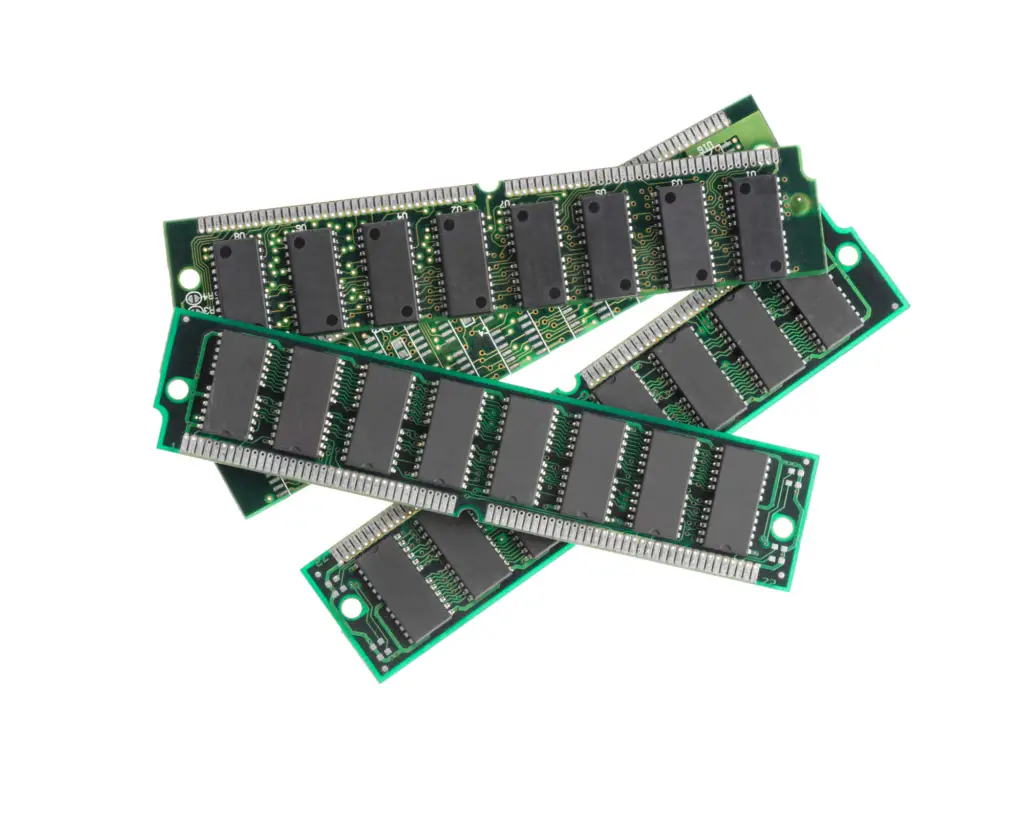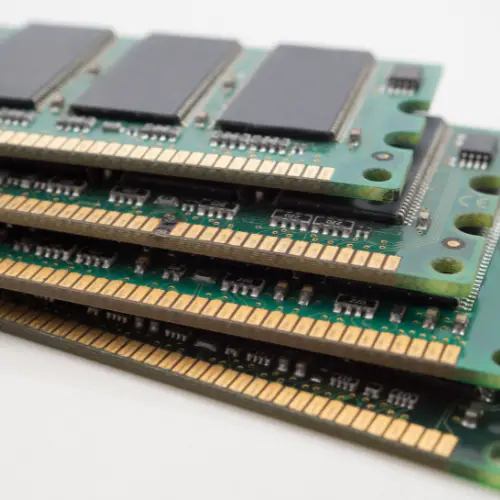
Content
How much memory do I need on my laptop for college?
If you’re looking to get a new computer for college, it can be difficult to find out how much memory your laptop has. While this might seem like a simple question there is actually quite a bit of confusion in the way we measure memory. So if you’re wondering how much memory do I need on my laptop for college there are some important things you will want to know.
When it comes to memory in a laptop, There are many types of memory, and you have to learn which one is right for your needs. As with most laptops, not all of them will work together. The trick is figuring out which type of memory you need if you want to make sure your laptop can do what you need it to do.
Types Of Memory
A laptop has different types of memory that exist in it; however, the most basic distinction is always between the primary memory and the secondary memory. The primary memory, often called the system memory, includes the RAM and ROM. In contrast, secondary memory, often referred to as storage, includes devices such as hard drives or CDs. When purchasing a laptop for college, it is important to consider both the primary and the secondary memory. In this article, I will help you understand the primary types of memory and how much memory you need for a college laptop.
ROM
ROM stands for read-only memory, and it is non-volatile. This means that it permanently stores the data it receives. Unlike RAM, ROM retains the data it has even after shutting down your laptop. However, if you need to obtain the data stored in ROM, you must transfer it to the RAM, where it will be processed, and then you can access it.
Types Of ROM
As a college student, you may not need to worry too much about ROM; however, it might be useful to know the terms so that you may be able to identify ROM storage options. The types of ROM include;
· Mask ROM: a type of ROM that is covered by photomasks
· PROM which stands for programmable read-only memory
· EPROM which stands for erasable programmable read-only memory
· EEPROM which stands for electronically erasable programmable read-only memory
Each type of ROM is different in that it is programmed differently, and a special condition is required to erase or rewrite it.
Advantages Of ROM
1. The price of ROM per gigabyte is cheaper compared to RAM.
2. It stores data once it receives, regardless of whether the laptop is powered on or not.
3. It allows the user to power up your laptop.
4. ROM stores processes that are important for running your computer.
RAM
I am sure you had come across this word before and maybe never got to understand what it means. So, what is RAM? RAM is the acronym for Random Access Memory, a type of volatile memory. Volatile memory means that the memory only stores data when connected to power. Therefore, the data stored in the RAM disappears each time you shut down your laptop.
The essential thing to understand about the RAM is that it is volatile, fast, and expensive compared to all types of secondary memory. Its high cost compared to all types of secondary memory makes most personal computer systems use both primary and secondary memory.
The data ready for processing on the laptop is moved to the RAM, where it is quickly accessed and modified to avoid putting the CPU on wait. When that data is no longer needed, it is moved to slower and cheaper secondary memory to free up the RAM space and allow room for the next data that needs to be used.
Types Of RAM
There are different types of RAM that work a little differently from each other. They include;
· DDR stands for double data rate. DDR has several versions, including DDR2, DDR3, and DDR4. They all perform better than DDR.
· DRAM stands for dynamic RAM, the most used type of RAM in personal computers.
· SRAM stands for static RAM. It is a type of RAM that is faster than DRAM; however, it is more expensive and bulkier.
· SDRAM stands for synchronous dynamic RAM.
Advantages Of RAM
RAM temporarily stores data and can store more data than ROM. It is different from other types of memory in that it delivers data quickly to a laptop user. What are the advantages of RAM to a college student?
1. It expands
As a college student, you may sometime need to expand your laptop’s memory when it starts operating slower than it used to due to increased data. The benefit of RAM is that you can expand it by adding it to the motherboard if your laptop has the necessary DIMM slots.
2. It boosts your overall computer experience.
Having enough RAM for the tasks you do on your laptop as a college student boosts your experience, such as saving you time. For instance, if the RAM you have is enough, then the process of retrieving data in your laptop will be quick.
How Much RAM Do I Need for College?
Now that you know what memory means in a laptop and the different types of memory, let’s look at how much RAM is enough for a college student. The amount of RAM you need as a college student depends on your major. For instance, if your major is more practical, like engineering, which requires you to download bulky files, you might need a bigger memory than a student who uses their laptop for assignments or attend classes. A laptop can have RAM of 4GB, 8GB, OR 16GB.
Is 4GB RAM enough for college?
If you are a student who needs a laptop for lighter work like handling an assignment, then 4GB RAM might be enough for you. It all depends on the tasks you are using it for. 4GB RAM will allow you to run a few programs and open a few tabs simultaneously.
Is 8GB RAM enough for college?
Most users prefer getting a laptop that has a RAM of 8GB because it allows you to run multiple programs like excel and word simultaneously. So, to answer the question, 8GB RAM is enough for college.
Is 16GB RAM enough for college?
16 GB RAM is enough memory, especially for professionals who need to run heavy-duty programs or individuals who are mid-range gamers. Therefore, this storage would be more than enough for a college student.
Conclusion
To answer the question of how much memory you need on a laptop for college, I’d recommend at least 8 GB of RAM for college. If you’re a student and you have a laptop with less than this, it’s worth looking into upgrading to something more suitable before. Not only will you have a better-performing laptop (which will be especially handy when you need to take notes during lectures), but you’ll also save money in the long run since most builds are relatively affordable, depending on the specifications that you go with.
Is it worth getting 16GB of RAM instead of 8GB?
It is worth getting 16GB of RAM instead of 8GB. For most people, the performance difference between 8GB and 16GB is negligible. However, if you’re running high-end games or doing video editing, the extra memory can make a big difference.







